Fire is our greatest fear. It moves fast, leaving little time to trouble shoot or, if necessary, abandon ship. Luckily, we’ve never had a fire onboard Gémeaux but we’ve heard many many stories that always give us pause and force us to consider what if…
On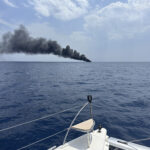 this quiet morning in June, we were working our way south from Split to Dubrovnik. We left our anchorage in western Brač and made a game time decision to explore the far east island of Lostovo, a remote part of the Croatian national park system. As we started our new course, we picked up a weak Coast Guard radio response to a mayday call. We caught the name of the hailing boat as La Bella but heard nothing else from this brief one-sided conversation. Fifteen minutes later, we noticed smoke on the eastern horizon—just three miles away but we could barely make out the details. A few vessels were in the area and even as Allen adjusted our course to check out the smoke, I thought the other boats were closer and surely would provide assistance before we could actually get there. But, in keeping with the Maritime Obligation to Assist, which states… [a vessel] shall render assistance to any individual found at sea in danger of being lost, so far as [they] can do so without serious danger to their own vessel or individuals on board…we pressed on.
this quiet morning in June, we were working our way south from Split to Dubrovnik. We left our anchorage in western Brač and made a game time decision to explore the far east island of Lostovo, a remote part of the Croatian national park system. As we started our new course, we picked up a weak Coast Guard radio response to a mayday call. We caught the name of the hailing boat as La Bella but heard nothing else from this brief one-sided conversation. Fifteen minutes later, we noticed smoke on the eastern horizon—just three miles away but we could barely make out the details. A few vessels were in the area and even as Allen adjusted our course to check out the smoke, I thought the other boats were closer and surely would provide assistance before we could actually get there. But, in keeping with the Maritime Obligation to Assist, which states… [a vessel] shall render assistance to any individual found at sea in danger of being lost, so far as [they] can do so without serious danger to their own vessel or individuals on board…we pressed on.
Allen phoned the Croatian Coast Guard to report what appeared to be a vessel on fire. The person who answered the phone was not aware of the incident, which was puzzling given the number of nearby boats and the earlier mayday call. We continued towards the smoke and through binoculars we could see what appeared to be about a 60-foot motor vessel. At that point, there were no flames or signs of persons onboard. A large yacht came within close range of the vessel but continued on its course, leaving us with the impression that they could not offer any help.
As smoke blackened and thickened, we could now see a dinghy with four persons onboard. We were certain the dinghy had come from the vessel in distress since it seemed unlikely a small craft would be out in open water. Later, we would learn that the crew of La Bella consisted of a Croatian captain, his female friend from their hometown in Istria, and an older Austrian couple who had chartered the boat. As the crew was enjoying a beautiful sunny day, one of the guests smelled something burning and immediately alerted the captain. The sharp-thinking skipper quickly dispatched the dinghy with the three passengers. He remained onboard to extinguish the fire before finally surrendering to the safety of the dinghy.
We closed in on the scene as flames now were engulfing the boat, and waved to the persons on the dinghy. The young captain approached us and asked in such a calm and composed manner if they could come onboard. “Yes, of course, please board!” we replied, feeling anything but calm and composed. What can we do, is anyone hurt, do you need food, water? What could we possibly offer to make this situation better?! We boarded two women onto Gémeaux but could not transfer the male charter guest because of his physical limitations. After some discussion, we agreed to transport the women and a few belongings to lighten the load on the dinghy, making their passage easier in these choppy seas. Having boarded their dinghy without anything except water, we offered ball caps to the men for sun protection. A large tender from a superyacht appeared and asked if there was anything they could do. The captain gratefully declined any additional help, but it was nice to finally have someone else on the scene. With that, the dinghy turned and began its one-hour bouncy ride to the nearest town and we followed behind.
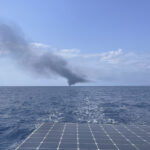 Onboard Gémeaux, our two guests settled in, accepting only water and gratefully insisting there was nothing more they needed. We set a course for Vela Luca on the west side of Korçula and watched through binoculars as flames overtook La Bella. It didn’t matter that it wasn’t our boat—it was gut-wrenching to witness. A police boat ultimately sped by (two hours after the initial mayday call), but by now the burning vessel was well on its way to being submerged. The police returned alongside Gémeaux to confirm the number of passengers onboard the sinking vessel, asked for our boat papers, and then raced back to Vela Luca. As the initial shock of fleeing a burning boat wore off, the realty of the situation set in for the women onboard. They had only the clothes on their back, their cell phones, and purses—no passports, no car keys, not even shoes. The walker that the male passenger relied on for his mobility was on its way to the bottom of the sea. The women brought an easy-going temperament and remarkably positive and grateful attitudes. Slowly, we got to know each other and hear the details of their tragedy. As smoke dissipated into the horizon, family photos and stories set a new, more cheerful tone from that of the catastrophe just an hour earlier.
Onboard Gémeaux, our two guests settled in, accepting only water and gratefully insisting there was nothing more they needed. We set a course for Vela Luca on the west side of Korçula and watched through binoculars as flames overtook La Bella. It didn’t matter that it wasn’t our boat—it was gut-wrenching to witness. A police boat ultimately sped by (two hours after the initial mayday call), but by now the burning vessel was well on its way to being submerged. The police returned alongside Gémeaux to confirm the number of passengers onboard the sinking vessel, asked for our boat papers, and then raced back to Vela Luca. As the initial shock of fleeing a burning boat wore off, the realty of the situation set in for the women onboard. They had only the clothes on their back, their cell phones, and purses—no passports, no car keys, not even shoes. The walker that the male passenger relied on for his mobility was on its way to the bottom of the sea. The women brought an easy-going temperament and remarkably positive and grateful attitudes. Slowly, we got to know each other and hear the details of their tragedy. As smoke dissipated into the horizon, family photos and stories set a new, more cheerful tone from that of the catastrophe just an hour earlier.
We arrived in the quiet town of Vela Luca and side-tied to an empty dock, where the captain met us. He purchased flip flops from a nearby souvenir kiosk and we outfitted the group with Gémeaux shirts and hats. While the captain worked on the daunting task of filing a police report and making arrangements for his guests to be collected, we found a café under some much-needed shade. Our newfound Austrian friends offered to buy lunch and even a bottle of champagne—gotta love those Austrians😄 We settled for a lemonade and agreed to save the bottle for the next time we meet. Everyone was safe. It was time for us to go. We said our farewells and hugged with an ease of long-time friends.
For days, we would replay the story, the details, and the what ifs. How did the fire start? Probably electrical. Why didn’t other nearby vessels respond? How would WE transfer a disabled passenger from Gémeaux in the event of a fire? How quickly could we dispatch the dinghy with us (and the cat!) in case of a fire? We tend to focus on emergency preparedness when we’re on offshore passages, but what if it happened on a beautiful sunny day just cruising the islands?
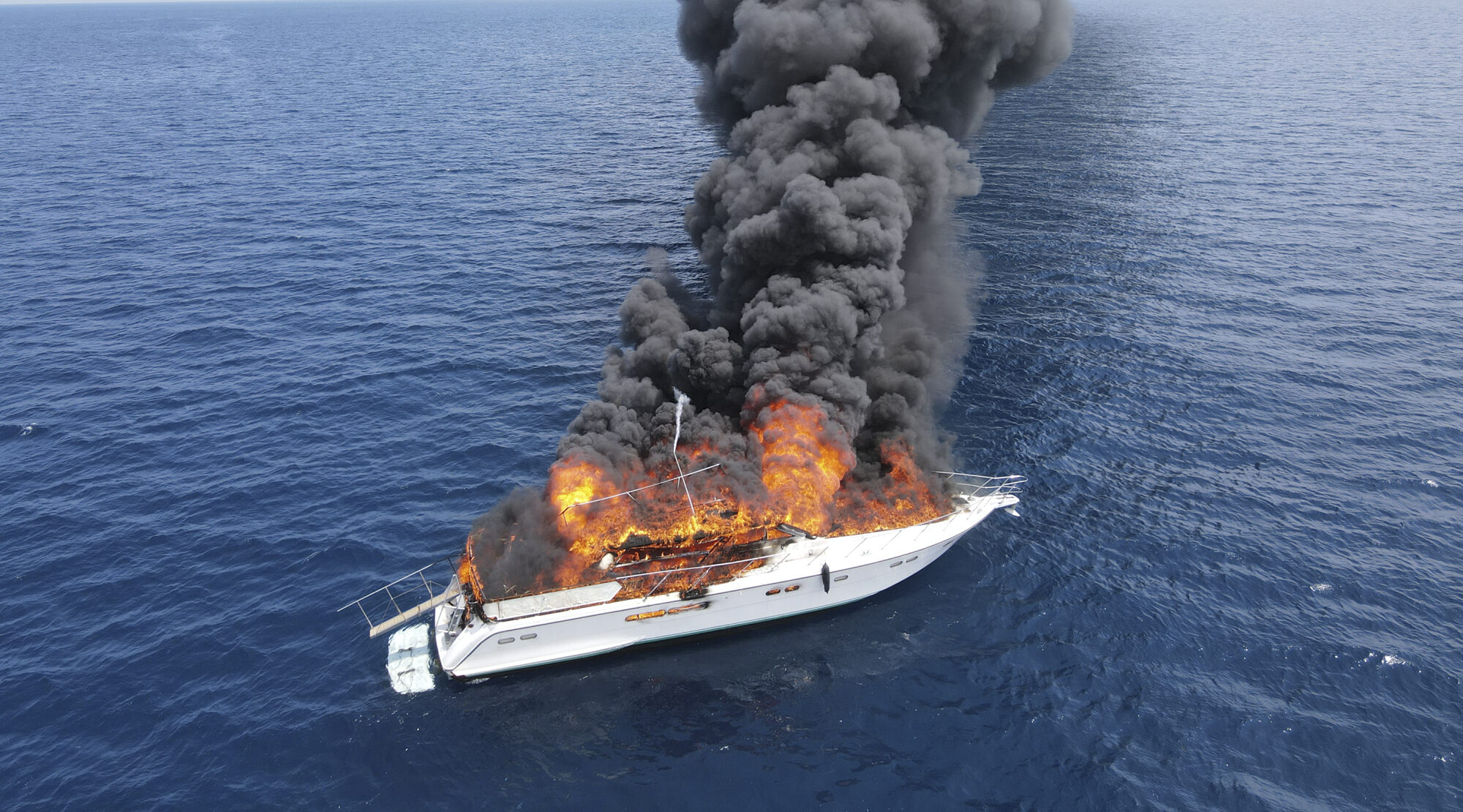

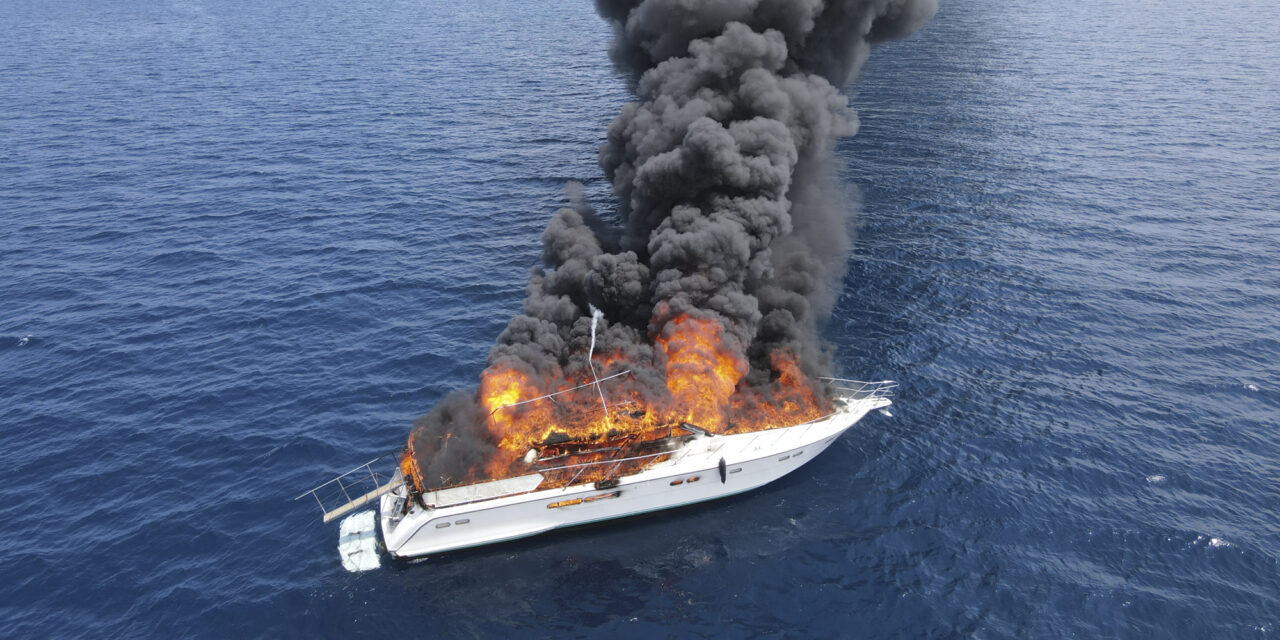
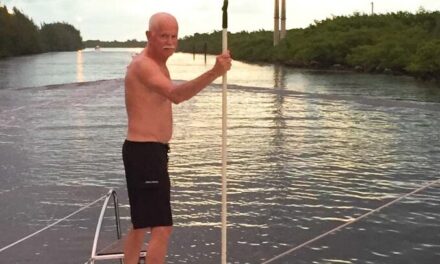
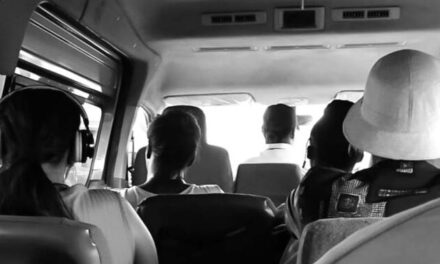
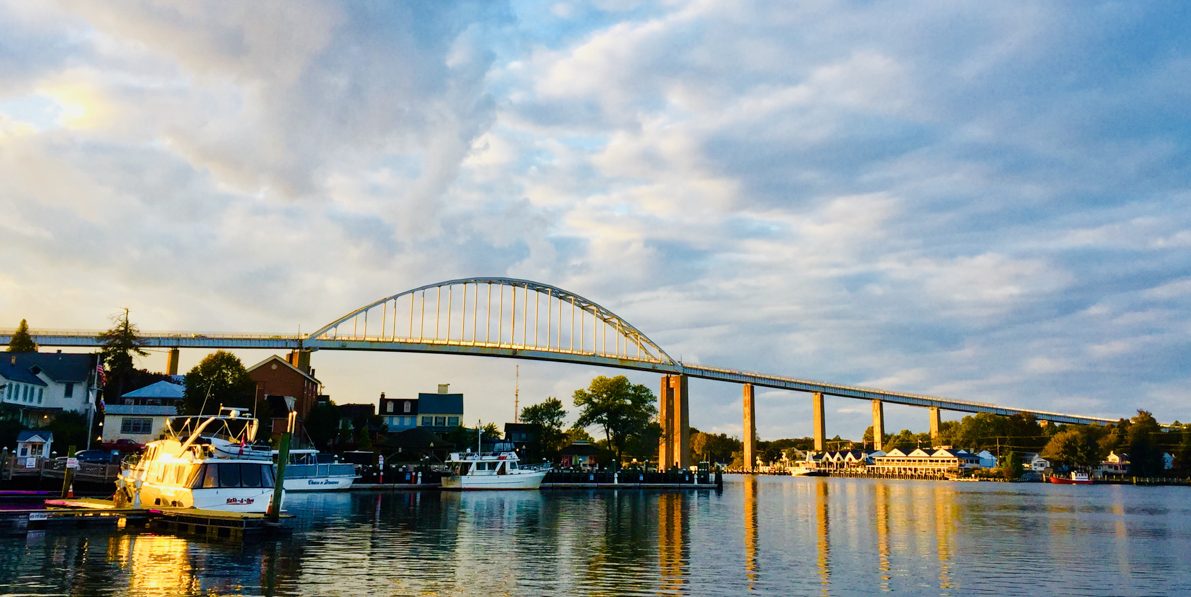
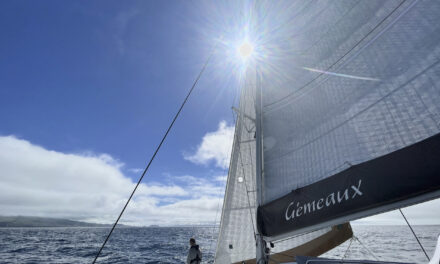
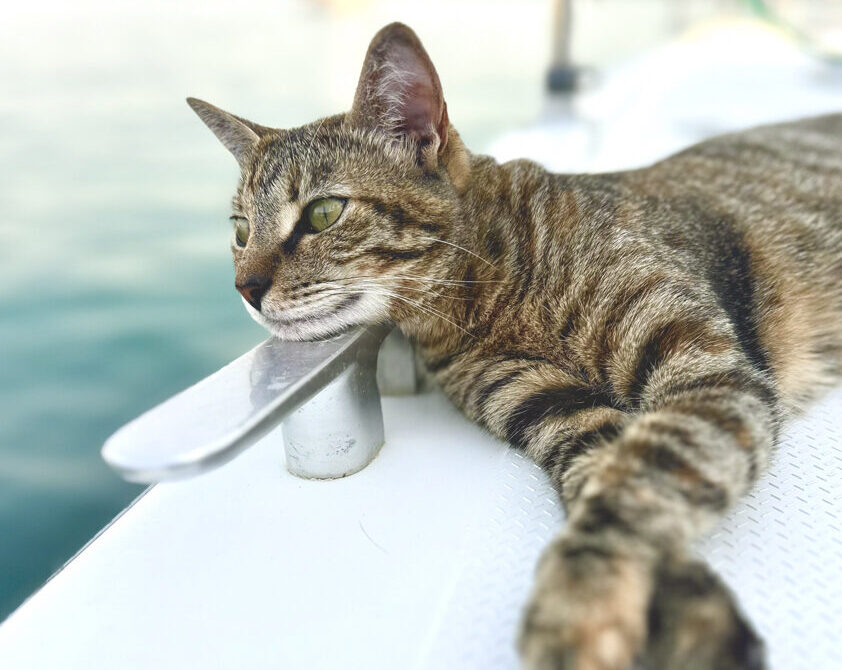
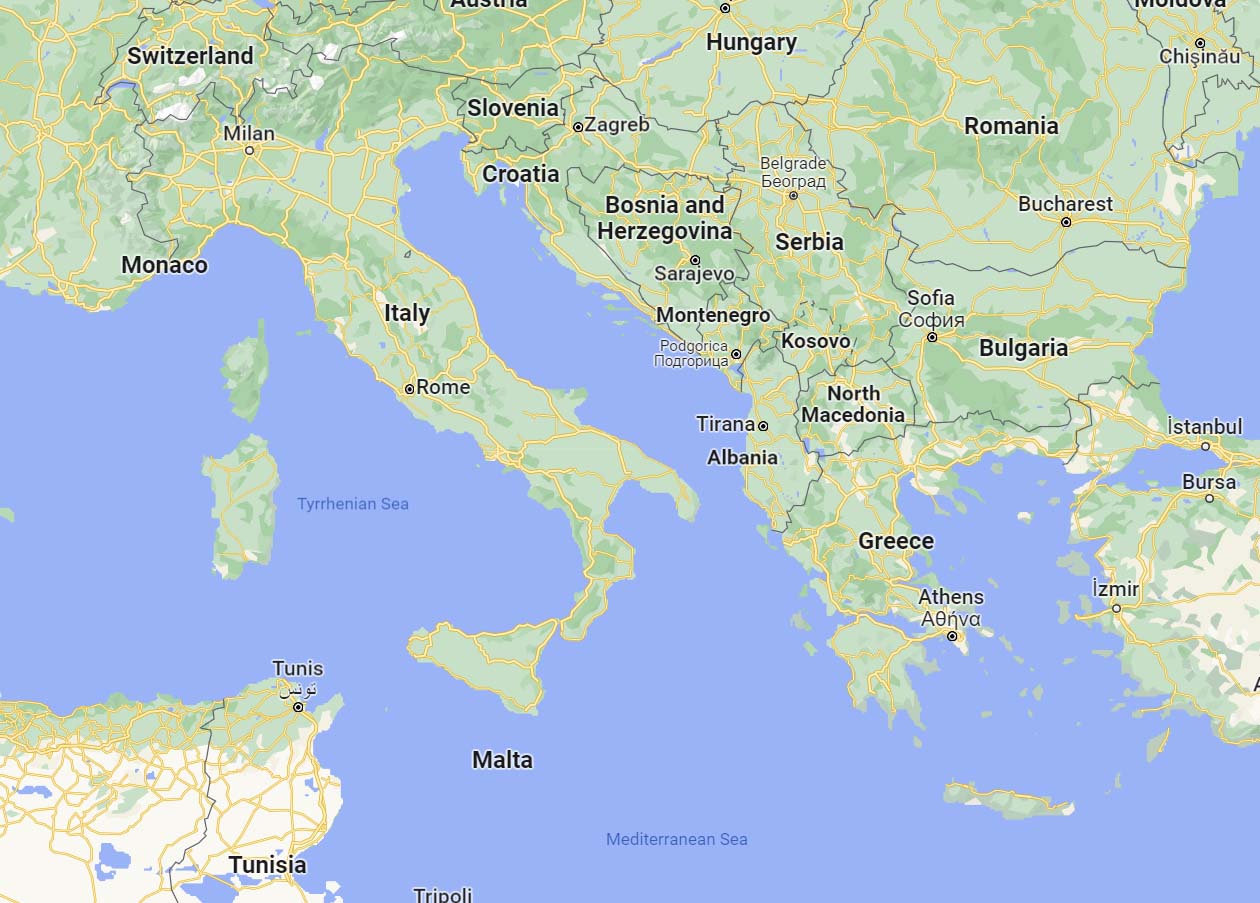
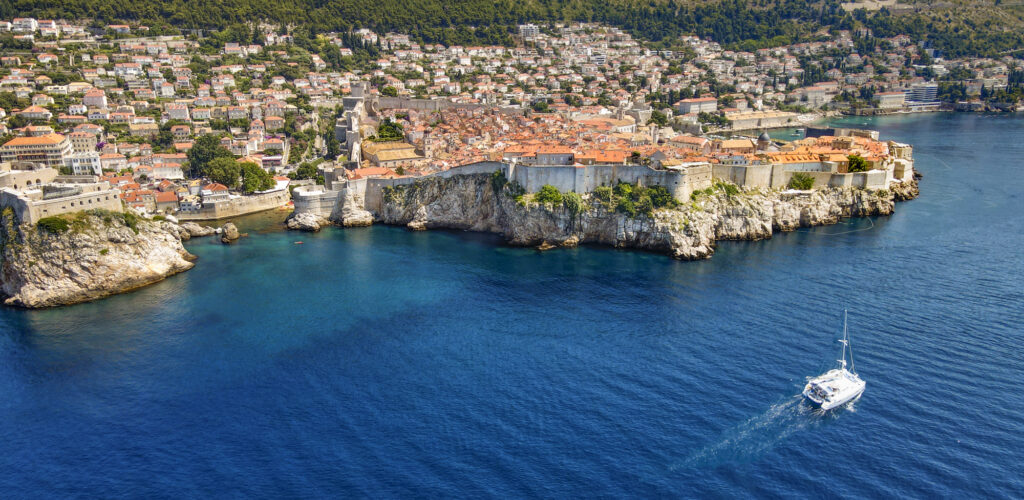
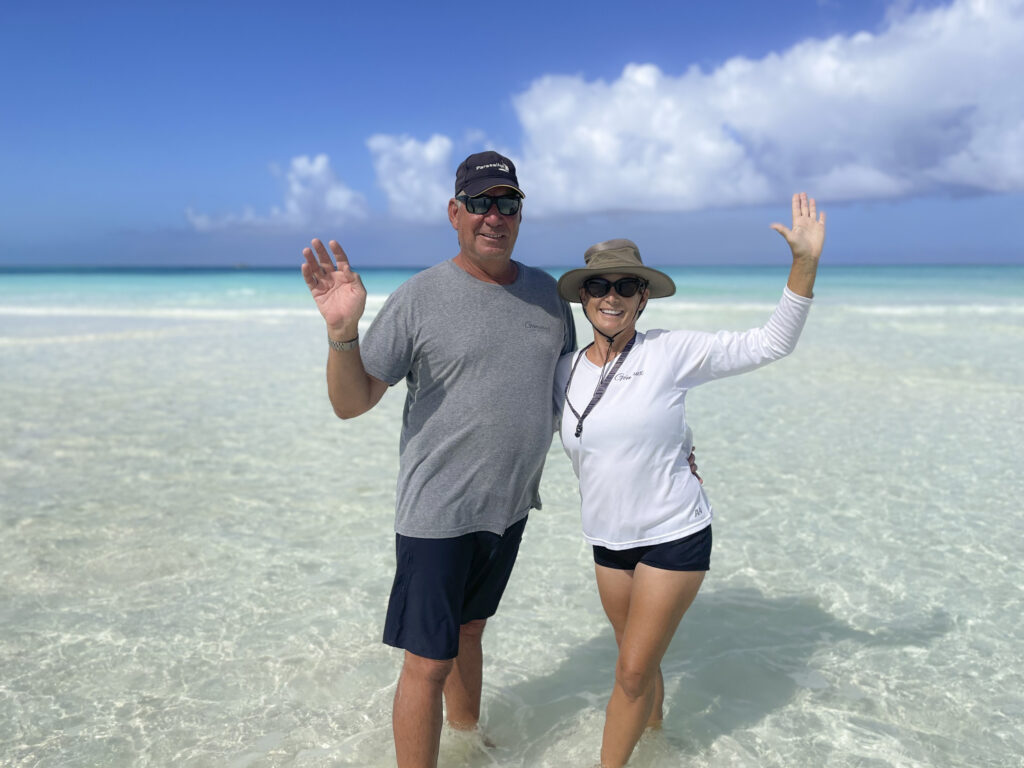
Amazing story! They were so lucky you responded! What was the deal
With the other boats in the area? A new adventure every day!
That is the scariest story, ever. How lucky they were that a responsible OCC boat was in the vicinity! What a terrific feeling it must have been to have found the dinghy and come to their rescue. Well done!
Well done. Performing rescues is obviously in you DNA.
Wow! What a story!
Why didn’t the large yacht help?! It wasn’t the super yacht that the tender belonged to, was it? Where was that super yacht anyway? Will you have a fire drill on Gémeaux?
Wow, such an amazing story!
This situation is one that every cruiser dreads —either as a rescuer or being rescued. So glad you’ were able to help!
Wow, what an incredible story. Fires on a boat are so scary. I have 3 friends who have had the boats burned up from electrical issues the past 3 years.
My wife takes my t-shirts to sleep in them. This morning she was coocking coffe in a t-shirt with a sailing cat on it , and I remember I have never visited Your wab page nor thanked You for picking us up from there, so I guess this would be appropriate . Thank You guys . The Skipper of the stroy above